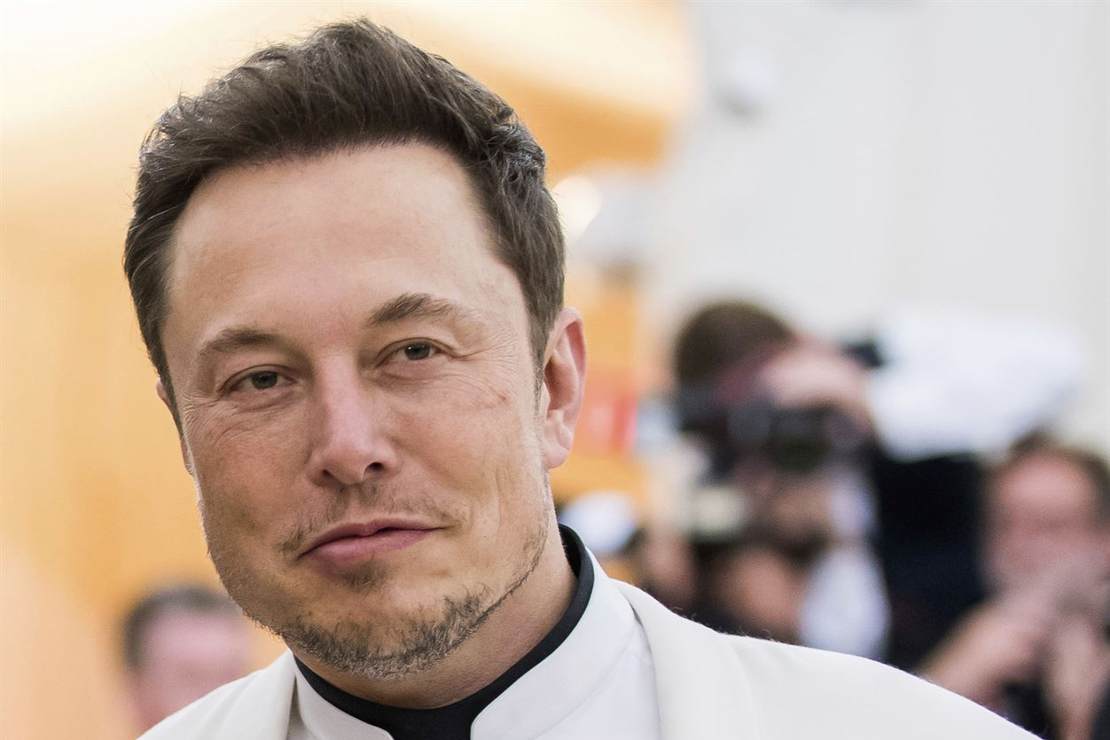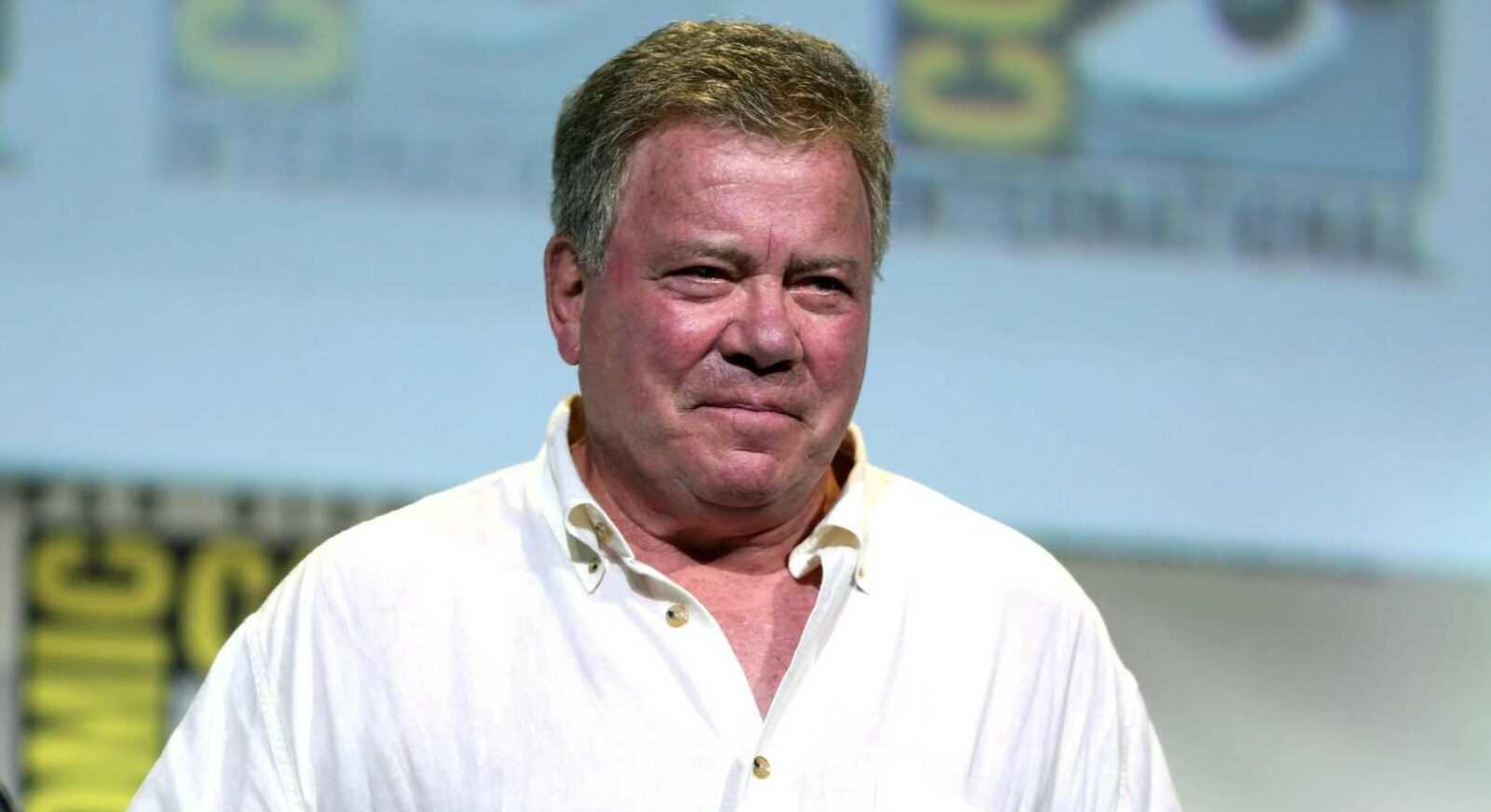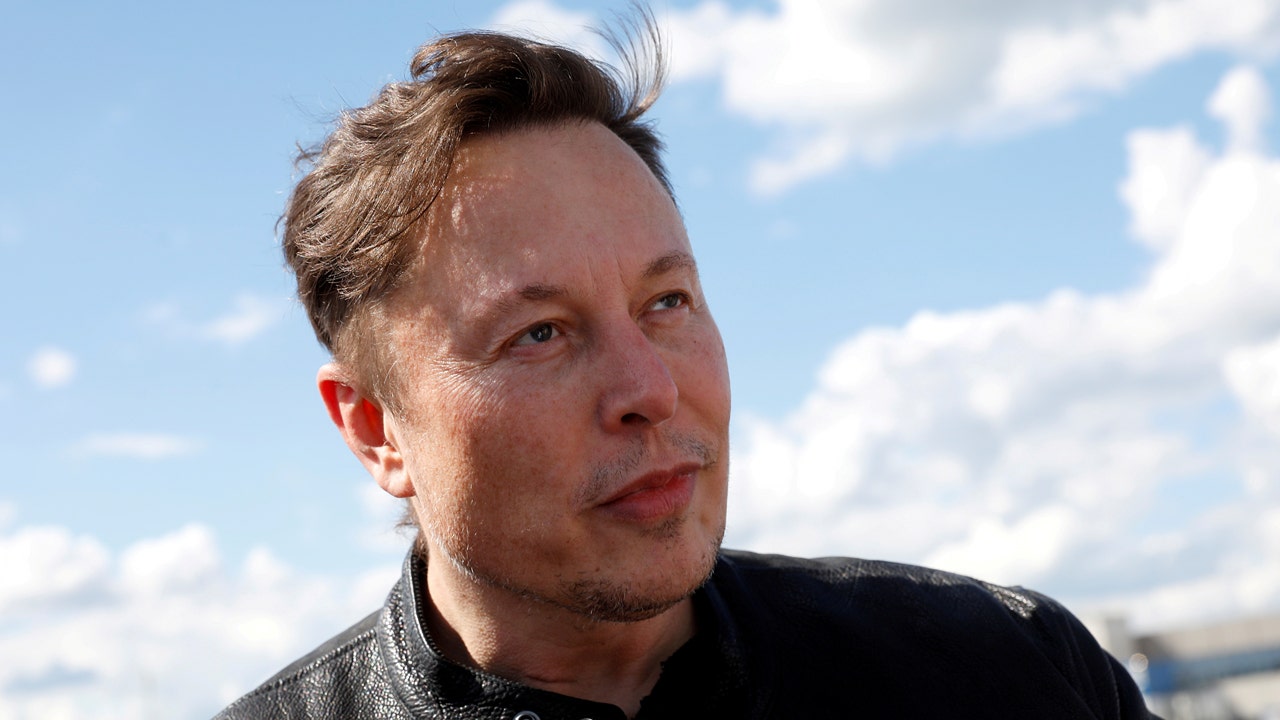White House officials are letting it be known that they desire
Twitter to invite back former President Donald Trump.
Conflicting with
earlier reports, the occupants of 1600 Pennsylvania Ave. are reportedly warming up to the idea that President Joe Biden might benefit if
Elon Musk, should his
$44 billion takeover of Twitter be finalized, immediately reverses the ban on Biden's 2020 rival.
Beyond casting the Republican Party as
a hostage to right-wing extremists, the "other thing White House officials are cheering for — a number of them told me this over the weekend — that if Elon Musk indeed takes Twitter, they hope the first thing he does is put Donald Trump back on it,"
Politico's White House bureau chief, Jonathan Lemire, said Monday on MSNBC's
Morning Joe.
Trump was permanently suspended from Twitter in the days after the Jan. 6 Capitol riot. Twitter, joined by other social media platforms in banning Trump, said the
decision was made "due to the risk of further incitement of violence."
Biden insiders believe Trump, who had more than 80 million followers on Twitter, would go back to posting inflammatory content, scaring voters away from Republicans at a time when the president is suffering from low poll numbers and the GOP is poised to retake control of the House and quite possibly the Senate, according to Lemire.
"They think that if Trump starts tweeting again, it will just simply remind these voters of the crazy that came from his time in office, particularly around Jan. 6. He’ll amplify these fringe messages. He'll amplify these fringe right-wing candidates, and that can only be good for Democrats, they think," Lemire reported.







